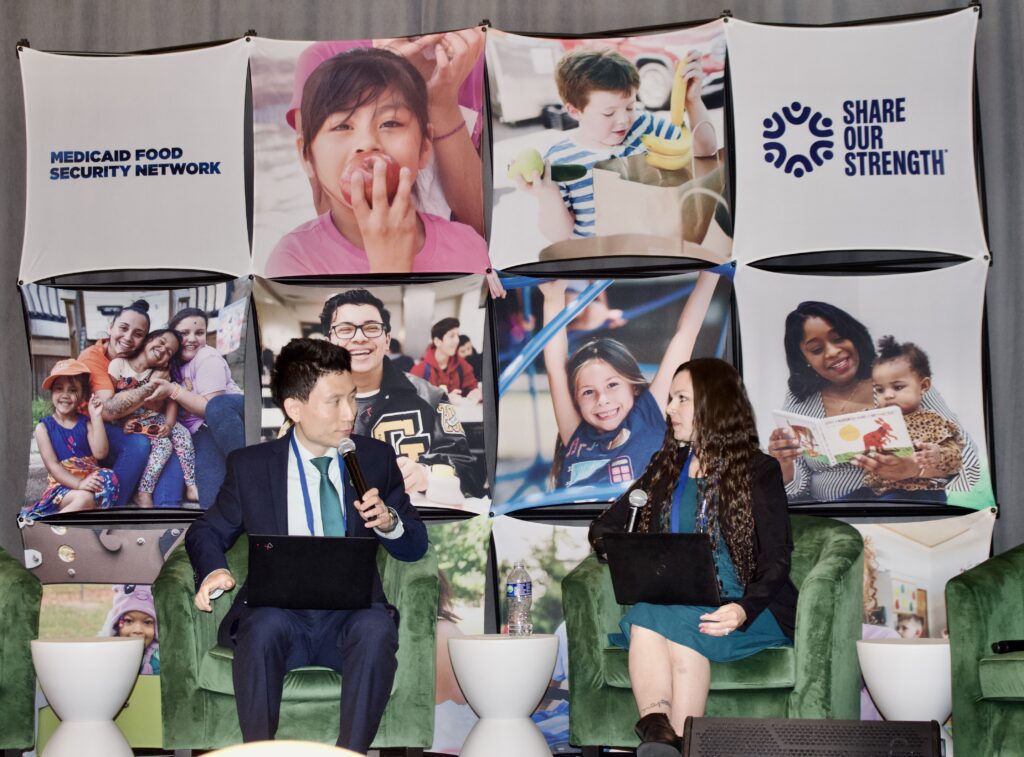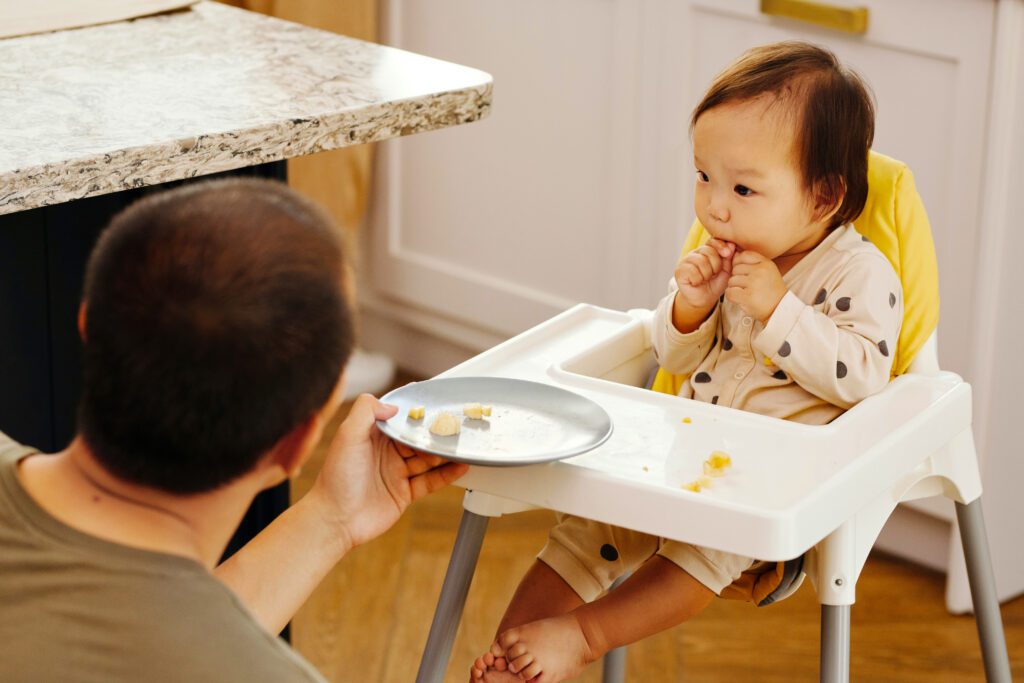
Last week at the World Economic Forum in Davos, Bill Gates announced the largest philanthropic commitment in history: $10 billion over 10 years to support vaccine development for diseases like malaria, pneumonia, and tuberculosis that affect the poorest people in the world.
The lives of 8 million children will be saved by 2020 as a result.
It was a headline grabbing announcement. But only briefly. The New York Times reported it but not on page one. After that, there was barely another word in the press.
Haiti was the more riveting story about the health of poor people dominating the news. The Gates Foundation had responded to that as well. A few weeks before they’d quietly made two grants for earthquake relief which totaled $1.5 million, an amount so small compared to the scale of the disaster, or compared to the vaccine commitment, that it went all but unmentioned.
Taken together, these actions raise several considerations for our work.
First, there is the drama of tragedy versus the numbing of statistics. Saving 8 million lives over ten years is a one day story. The improbable rescue of one child a day from collapsed concrete in Port au Prince can lead the news for weeks. It’s tempting to be cynical or critical about such a paradox, but I’d argue that it deserves neither. Rather it is a challenge to our imaginations.
It is human nature to be deeply moved by drama we see in front of us, rather than in what might be imagined for another time and place. We relate more to flesh and blood people than to numbers on a page. As with model trains some of us had as kids, only engines of a certain scale fit our mental tracks. An engine of 8 million doesn’t. The result is a failure of imagination so spectacular that we potentially neglect our greatest opportunities.
Second, is the lack of markets for long-term solutions on behalf of the voiceless. The $10 billion vaccine commitment from Gates comes almost full circle from the Grand Challenges grants began more than five years ago to encourage high-risk but high-reward work on vaccines and other approaches to reducing inequities in global health. It affirms Gates’ conviction that nothing in the field of health except possibly breastfeeding has a higher return on investment than what he calls “the miracle of vaccines.”
Vaccines represent the preventive approach we wish we could deploy, and whose return on investment we wish we could measure, in the social sector. Good nutrition for children under the age of five is a type of long-lasting vaccine that impacts body and brain. So is quality education. But as Bill Gates wrote in his annual letter a few weeks ago, there is too little investment in areas such as education and preventive health services “because the poor can’t generate a market demand” and “there isn’t an agreed-upon measure of excellence to tell the market how to pick the best ideas.”
Finally, the Gates approach places a premium on strategy, discipline and focus, even if it means not acting to save lives in the short-term, as in Haiti. Even the world’s largest foundation has finite resources. A third of the Foundation’s total budget has been shifted toward vaccine development, not because of a lack of compassion for other needs, but because of the greater return on investment in the long-term.
In a recent interview with Charlie Rose, Gates said of his focus on global health. “Being maniacal about something is very helpful.” He also refers to himself as an impatient optimist, knowing that in many cases the solution is not scientific discovery, but biotech engineering, e.g. scaling what works, as difficult and expensive as that may be. Like others I’m writing about in my new book on the race to develop a malaria vaccine, Bill Gates has the imagination of an unreasonable man.


